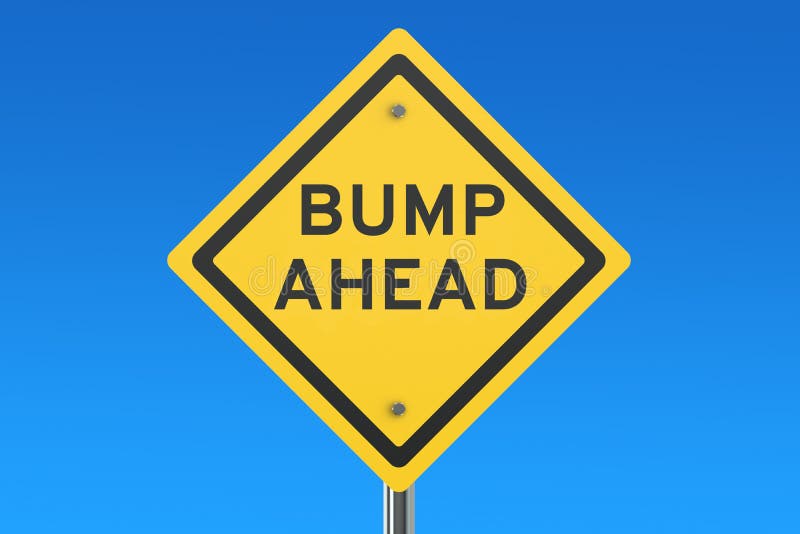

A slowdown would show that the Federal Reserve’s aggressive rate hikes are cooling off the economy. US economic growth looks likely to have slowed at the end of last year - the latest GDP numbers are due out this morning. Marc Filippino Claire Jones is the FT’s international economy news editor. So whether or not they will be more aggressive and willing to stamp out growth and tolerate recessions and higher unemployment, I think, is one of the big macroeconomic questions for the next 12 months. But this is an idea that has been, you know, seen as anathema to central bank policymakers in the past. But it looks as though the impact of high interest rates on growth, on investment, starts to weigh more on the Canadian economy, that they may think, OK, we have to live with slightly higher inflation in order to not cause a recession. So would the Bank of Canada pausing interest rates be a retreat from its fight on inflation so it can avoid a severe downturn?Ĭlaire Jones I think this is gonna be a very interesting issue going forward, is if the Bank of Canada sees the, you know, inflation might not fall to this perfect target of 2 per cent, but it may be a little bit higher. Basically, you can’t fight inflation and avoid a recession. Marc Filippino Claire, you wrote a column recently saying that central banks should give up on trying to achieve a soft landing. I think the conclusion of that is that although central banks elsewhere are saying they’re gonna stay the course for now, a few months from now, the messages might be echoing those of the Bank of Canada yesterday. We know the ECB and the Bank of England and the Fed did 75. The Bank of Canada was the only one to raise interest rates by 100 basis points in one shot. So one of the reasons why the Bank of Canada yesterday was able to pause is that last year it was quite a bit more aggressive than the others in terms of raising interest rates. The FT’s international economy news editor Claire Jones says this might give us a sense of what’s to come later this year.Ĭlaire Jones Overall, I think global central banks are facing a broadly similar set of circumstances. Marc Filippino That pause would make Canada’s central bank the first of the major G10 economies to halt its rate increases. Tiff Macklem We expect to pause rate hikes while we assess the impacts of the substantial monetary policy tightening already undertaken. Bank of Canada governor Tiff Macklem also made this more notable announcement: That’s up from last year, but it’s still way off Tesla’s long-term goal.Ĭanada’s central bank raised interest rates yesterday for the eighth consecutive time. The company slashed prices earlier this year and yesterday it said it expects to deliver nearly 2mn cars this year. Analysts have been concerned about Tesla’s sales. It cited rising interest rates as a particular challenge. But Elon Musk’s electric car company warned of a, quote, “uncertain macroeconomic environment this year”.

Tesla reported record revenues of about $24bn for the quarter ending in December. Marc Filippino I’m Marc Filippino, and here’s the news you need to start your day. Kate Duguid Investors are nervous to put money to work that may be locked up for even like a week. Plus, the FT’s Kate Duguid looked into why money keeps gushing into a super short-term Federal Reserve program. And we’ll get the latest reading on the US economy. Canada looks like it could become the first major economy to pause interest rate increases. Tesla posted record revenues, but says the road ahead isn’t so clear. Today is Thursday, January 26th, and this is your FT News Briefing. Marc Filippino Good morning from the Financial Times. This is an audio transcript of the FT News Briefing podcast episode: ‘ Tesla sees a bumpy road ahead ’ Marc Filippino, Claire Jones, Kate Duguid and Colby Smith Jump to comments section Print this page


 0 kommentar(er)
0 kommentar(er)
